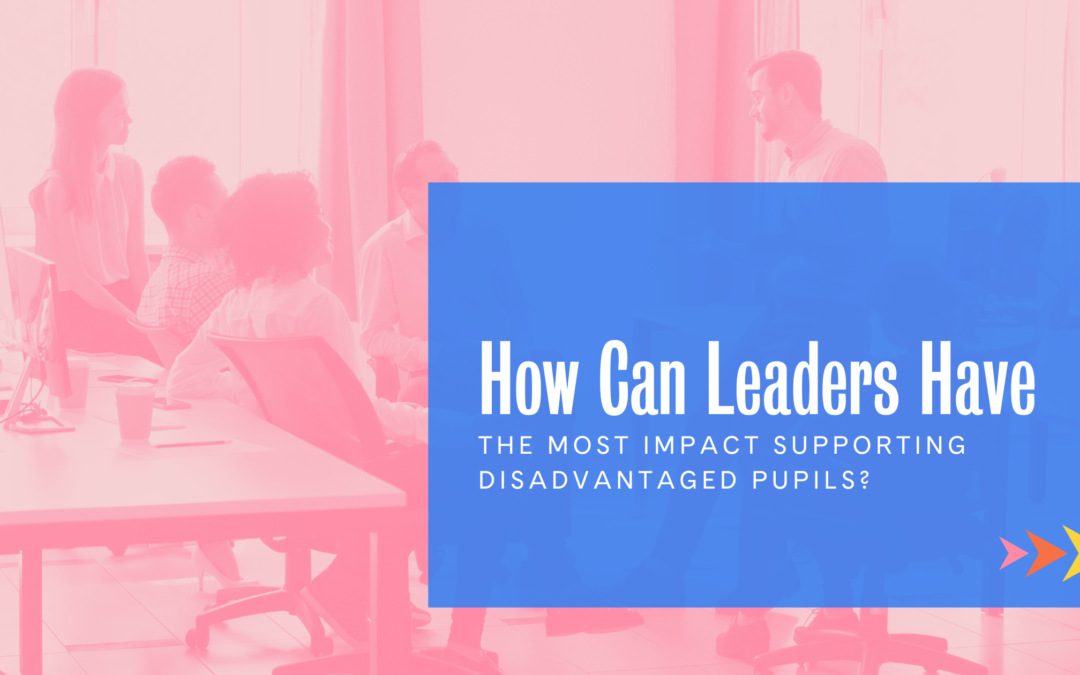Anyone who knows me, or anything about Commando Joe’s, know that we are fanatical about making the most impact that we possibly can with all pupils, parents and teachers. Training and supporting teachers and professionals is a key part of that process, especially for sustainability.
To be brutally honest, I have met thousands of education leaders, some truly inspirational and some, well not so! Every sector has the good, the bad and the indifferent.
As a leader in education, I believe that you have a huge responsibility to ensure that the children in your care, have the best chances of success, regardless of personal bias.
There have been studies conducted around disadvantaged pupils to demonstrate that they have been the worst affected by the impact of the pandemic. Every child had been impacted, not just disadvantaged, with the loss of learning and society changing.
Examples of people crossing the road when they see another person, scared to be near another person. Masks can place a barrier to communication, social distancing, working from home or being in a bubble.
Add to that the ever-changing sphere of social media and technology. All moving at such a rapid rate. Young people need support in building meta-cognition, self-awareness and resilience more than ever.
The two main studies from NFER and RS assessment both show huge gaps for disadvantaged pupils, which seems to be growing since the start of the pandemic.
We think that in line with the DfE guidance there are some key milestones to help a school deliver an effective strategy;
- Identify challenges faced by pupils (Ask the children, involve parents and carers)
- Create a plan to address the key challenges (Minimum of 3 years recommended)
- Use evidence and research (Speak to other schools and networks)
- Implement the plan (Whole school approach, linking to the curriculum)
- Evaluate (Plan- Do- Review)
Of course, a diagnostic assessment is crucial for understanding specific elements and parts of education that pupils are struggling with but we also need to develop an understanding of the social and emotional challenges.
With schools preparing children for jobs that don’t even exist yet, non-academic progress is extremely important.
“Develop a passion for learning, if you do it will never cease to grow!” Anthony J. D’Angelo
If a child has a lust for learning, then is exposed to brilliant, passionate teachers, access to an en-riching exciting curriculum that gives children experiences to practice those key values, characteristics and behaviours, then they will make progress academically.
“If a child cannot engage in the classroom, or have positive behaviours towards learning, then they will struggle to make progress” Mike Hamilton OBE
If you would like a no-obligation chat with me personally or one of the team, on how we can support your school with some of the above? Please just let me know.
“It’s good to talk” BT advert Bob Hoskins
Michaelh@commandojoes.co.uk
www.commandojoes.co.uk
0844 800 3212 – 01942 409654
Twitter @Commandojoes
The Department for Education has released updated pupil premium guidance and a new template that schools are required to use to publish their strategy statement from the 2021/22 academic year onwards. This includes a new requirement for schools to demonstrate that they have considered evidence when developing their strategy. Take a look here.
The EEF’s updated Pupil Premium Guide is a practical guide to support schools to develop their pupil premium strategy based on the best evidence and to meet updated DfE requirements.




Recent Comments